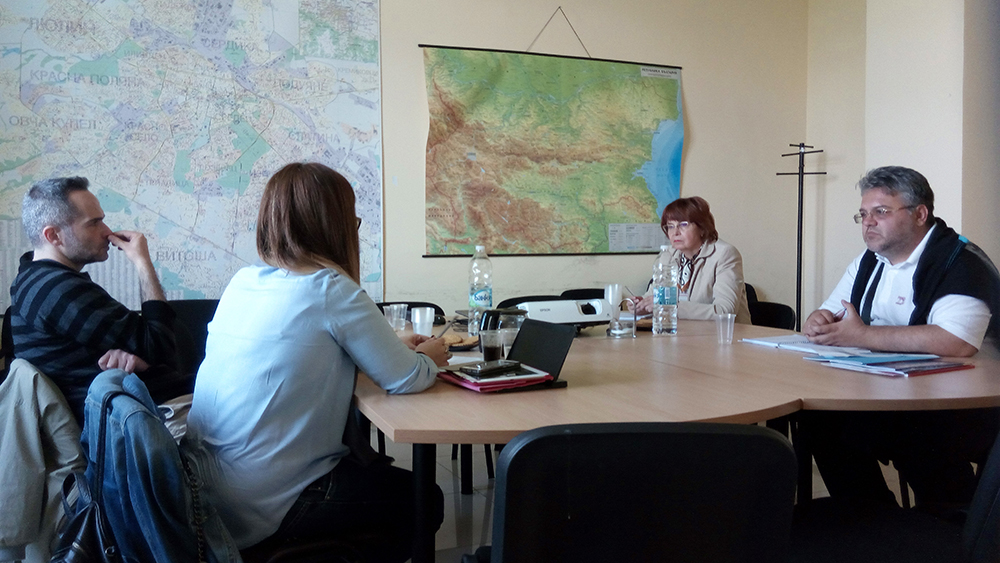HOPS and “Move with your finger “ (Mrdni so prst), together with Macedonian well-known actor Sasko Kocev and a huge number of Macedonian artists have organised a successful charity auction for the kids that are visiting HOPS.
The charity auction was held on 11th April at 19 o’clock in “Public Room” for the kids whose parents are\were drug users and sex workers.

“As a lack of finances we had a great need to make a move with our fingers and to organize a charity auction in order, for the children whose parent are using our services, to continue visiting our daily center for rehabilitation and re-socialization, where they can visit their psychologist, pedagogue, social workers, where they can be creative and their creative mind will be developed, and at the same time we will give them the opportunity to participate in more social activities and visit more cultural events – said Irena Mila from HOPS, now we can organize many birthdays, workshops and events together.
Smiling faces, beautiful atmosphere, “Public Room” was full with beautiful people, Sasko Kocev in element and generous known and famous Macedonian artists, designers and writers were part of this auction. This was the picture on Tuesday evening when we all were moving with our fingers for kids that are visiting our daily center for rehabilitation and re-socialization. The goal is achieved!
We sold all the artworks and we gathered 295.692 Macedonian denars. – Irena Mila from HOPS.

“If we want to do something to the society and raise awareness about many things, we need to move just with one finger! Just imagine if we give so much effort for something and moving with our finger is just the beginning and I truly hope that we will “open” everyone eyes about a lot of marginalised groups! We have a lot of artworks that have been donated from our artists, designers, writers, also we have a jersey from our famous footballer Goran Pandev, get prepared to bid because kids from HOPS need our help!” – said Sasko Kovec in the crowded “ Public Room “ at the beginning of the auction.
The event was opened by DJ Cako, who is a proud Macedonian ambassador to the United Nation, representing people with Down syndrome, he heated up the atmosphere and made everyone to dance from the very beginning. After a short speech by Hristijan Jankulovski, CEO of HOPS, who thanked all present guests because they moved their finger and decided to help to solve the problem, which on the other hand would leave these kids without the necessary care. Besides the loud auction, there was a silent auction, where people bided on the sheet of paper for all the artworks that were donated.

After a successful auction, the evening continued with DJ Goce Saf, when literally everyone in “Public Room” was dancing. This charity auction, supported by famous Macedonian artists was meant for the children whose parents are drug users or sex workers.
















